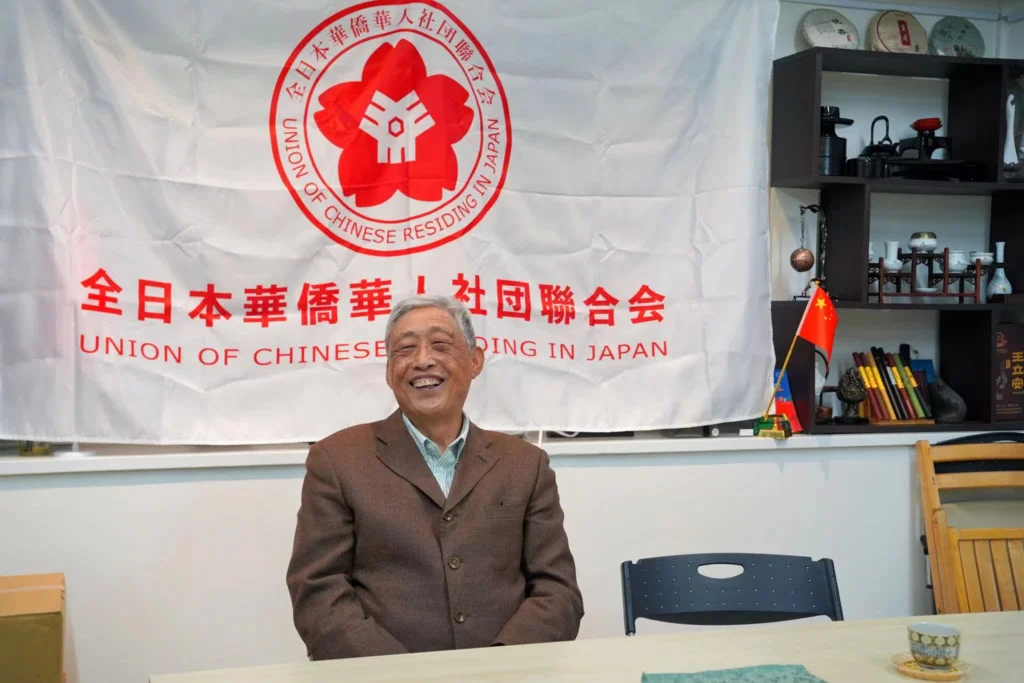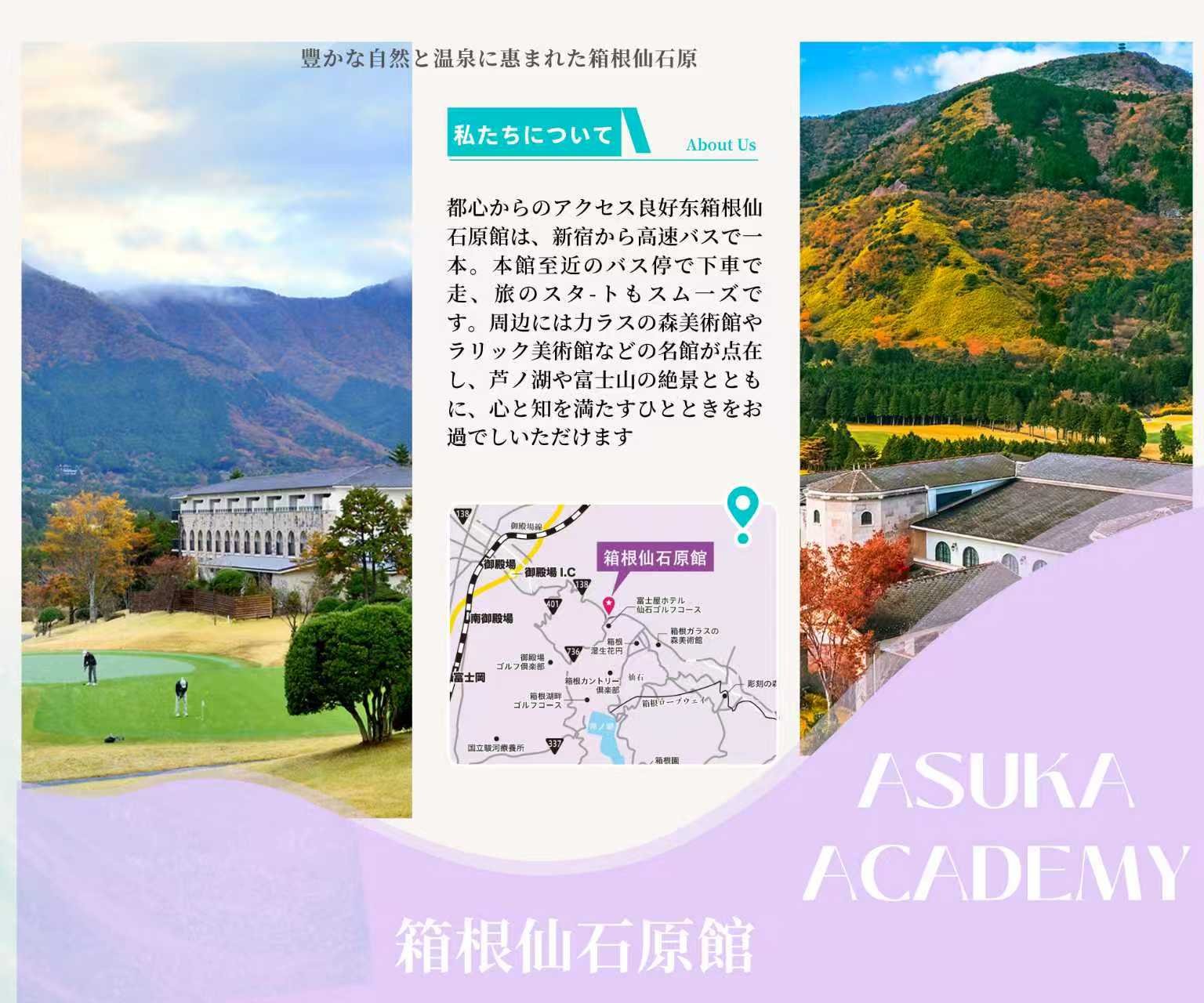Overseas Chinese are key promoters of Chinese culture abroad, participants in China’s modernization, and advocates for the peaceful reunification of the country. In several interviews with the president of the All Japan Federation of Overseas Chinese Associations (AJFOCA), He Delun, he consistently emphasized that “enhancing the sense of identity among the younger generation of overseas Chinese and giving Chinese people in Japan a cultural and emotional anchor” is the federation’s most important mission.

Overseas Chinese are an integral part of the greater Chinese family. No matter where they go or how far they travel, their ethnic roots and cultural soul remain the same. He Delun explained that AJFOCA has grown from 8 initial member organizations to more than 110 associations covering all major regions of Japan—from Hokkaido in the north to Okinawa in the south—making it the largest and most populous federation of Chinese associations in Japan.
Promoting Chinese Language Education and Chinese Culture
As key bearers and transmitters of Chinese culture, overseas Chinese play a vital role in spreading Chinese culture and the voice of China around the world. Today, promoting Chinese culture and strengthening the cultural identity and national pride of overseas Chinese is more meaningful than ever.
“AJFOCA has always placed great emphasis on Chinese language education. Though living overseas, many Chinese still wish for their children to inherit and understand Chinese culture. Learning Chinese has become an urgent need for the Chinese community in Japan,” He Delun said. “Chinese is the root of Chinese culture. AJFOCA is committed to promoting Chinese language education for young people across Japan. That’s why we’ve established a Chinese Language Education Committee and a Chinese Language Education Foundation, working to make language education part of our daily mission.”
He added, “Our goal now is to build a full-time Chinese international school in Tokyo, so that no matter where overseas Chinese go, they always carry a seed of home in their hearts and a mark of Chinese culture in their soul.”
Cultural and Artistic Exchange Activities to Soothe Homesickness
AJFOCA serves as an emotional bond for patriotic Chinese living in Japan. Over the years, AJFOCA and its 100+ affiliated groups have hosted a wide variety of cultural, educational, and sports exchange events, leaving a lasting impression on both the overseas Chinese community and Japanese society.
“We organize two major gala events each year—for China’s National Day and the Spring Festival. In particular, our Spring Festival Gala has become a flagship event that the Chinese community in Japan eagerly looks forward to every year,” said He Delun. “National Day marks our homeland’s birthday, and the Spring Festival is the most important holiday for Chinese people. These occasions carry extra meaning for overseas Chinese.”
He continued, “During traditional holidays, people miss their families even more. Overseas Chinese are far from home and loved ones, and life in Japan can feel lonely. That’s why we bring thousands of Chinese people together through these large events, which always generate a strong emotional response from the community.”
After years of refining both online and offline events, the galas hosted by AJFOCA have become a golden brand. Each event is attended by important political and business figures from both China and Japan, and draws enthusiastic participation from over a thousand people who support China-Japan friendship.
He Delun stated that the 2024 Chinese New Year Gala will feature exciting new breakthroughs, and that similar events will continue to grow in both scale and quality. “These events carry extraordinary significance—not only do they bring joy to overseas Chinese, but they also help Japanese society better understand the spirit and vitality of the overseas Chinese community.”
Forty Years in Japan—“My Accent Hasn’t Changed” and I Still Love Chinese Food
In recent years, Chinese cuisine has gained popularity in Japan, leading to a rise in Chinese restaurants, especially in areas surrounding Tokyo. “When I first came to Japan in 1985, you could only find Chinese food in Yokohama Chinatown, and even then, it was a localized version adjusted for Japanese tastes,” said He Delun. “But things are different now. Chinese restaurants are everywhere. In places like Ikebukuro’s west exit, restaurants line the streets one after another—it’s basically turned into a Chinatown.”
He has watched the evolution of Chinese cuisine in Japan over the past four decades, and noted that “authentic Chinese food is becoming more and more popular, and the influence of Chinese culinary culture continues to deepen in Japan.”
Despite having lived in Japan for 40 years, He Delun, who was born in Changchun, Jilin Province, still speaks with a Northeastern accent. “I still love Northeastern Chinese food the most. Dishes like sauerkraut and vermicelli stew, or the classic Northeastern mixed stew—they really satisfy my Chinese palate.”
He also shared some funny stories about his Japanese friends: “They’re hooked on Chinese food. Some even make special trips to Ikebukuro just for the barbecue—they’re really into that flavor.”




